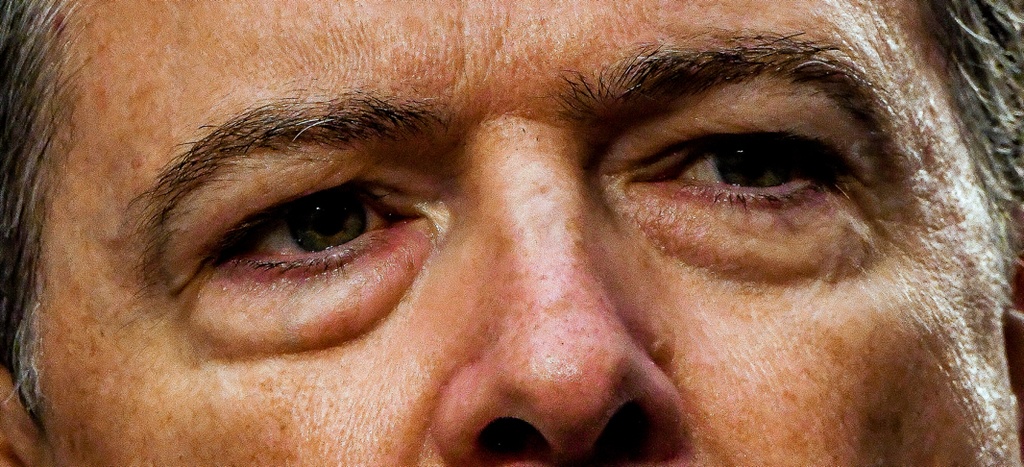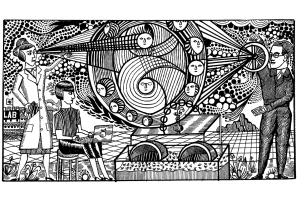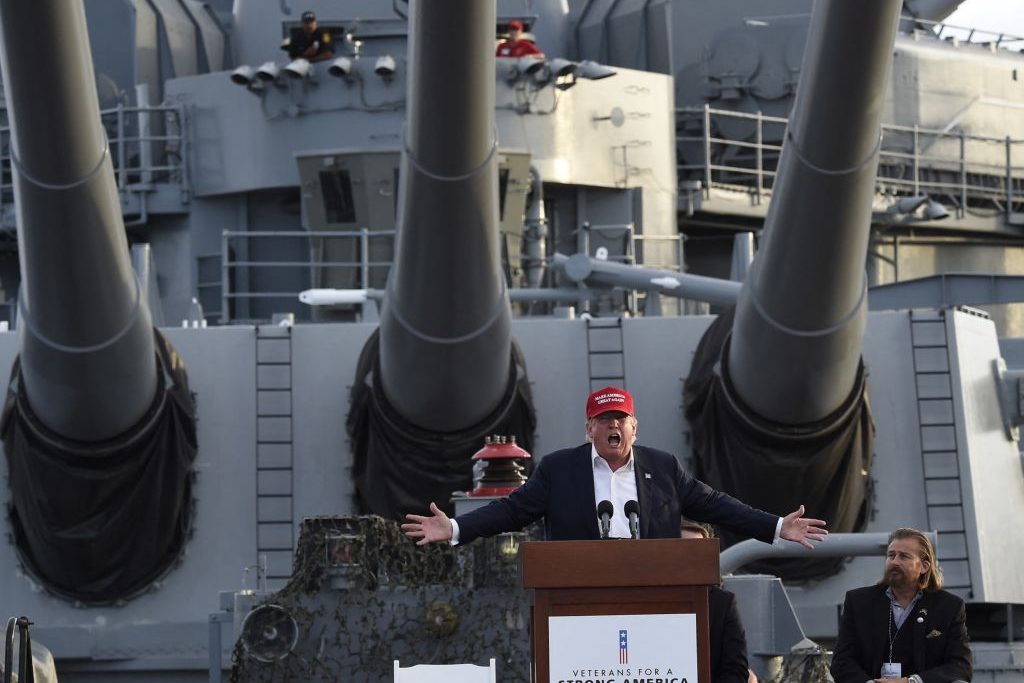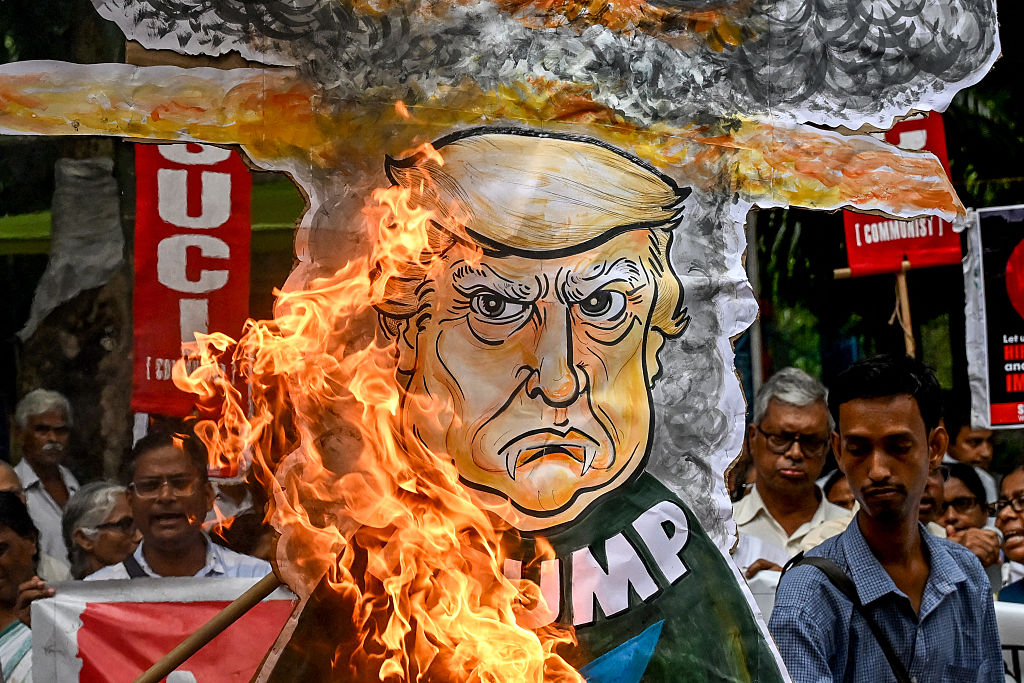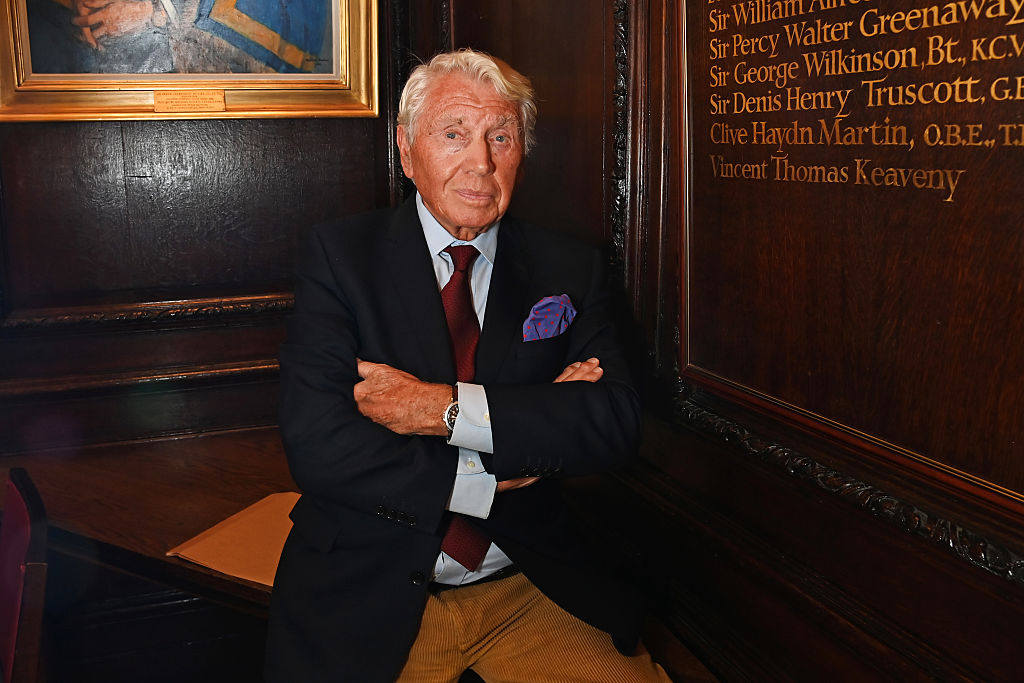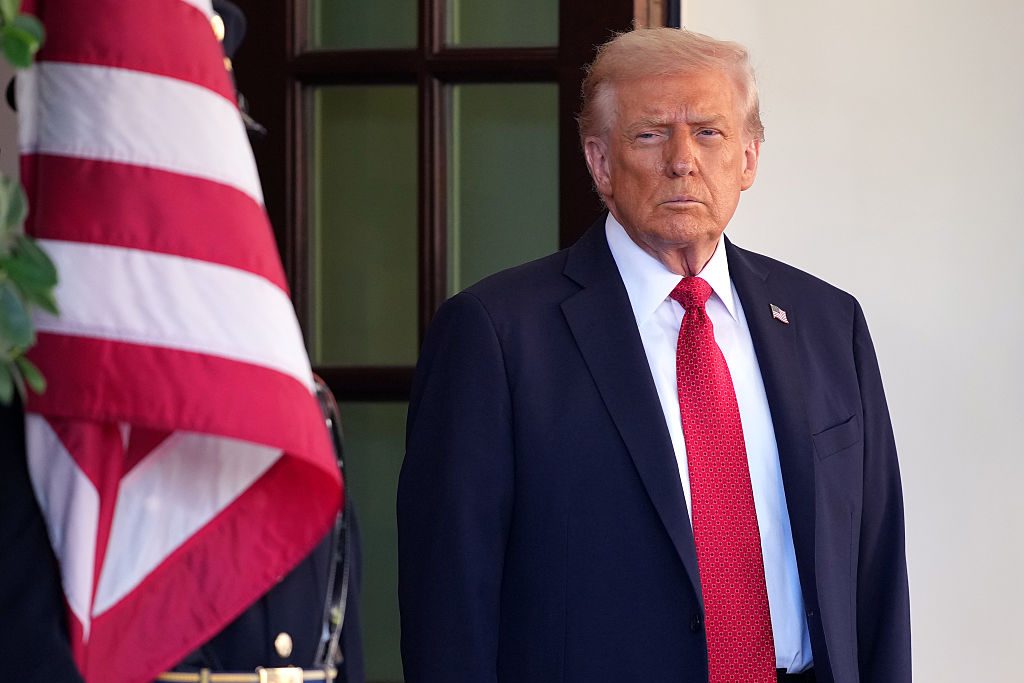Inquiring minds want to know: What is James Comey’s favourite snippet from Gilbert & Sullivan?
My candidate is this bit from one of the “susceptible” Chancellor’s songs in Iolanthe: “The law is the true embodiment/ Of everything that’s excellent/ It has no kind of fault or flaw/ And I my Lords embody the law.”
As we’ve seen this week with the publication of his book A Higher Loyalty: Truth, Lies, and Leadership, and just Thursday night with the release of redacted transcriptions of the seven memos to himself that he wrote after his meetings with President Trump, James Comey really does seem to believe that he personally embodies the law and, therefore, that what would be a felony if committed by us mortals is a shining example of “higher loyalty” when performed by James Brien Comey Jr. Nice work if you can get it.
But can he? It is looking more and more doubtful. As I write, A Higher Loyalty is number 1 on Amazon. It has sold a boatload. The publisher is reported to have printed several boatloads and, judging by the nearly universal ridicule and obloquy the book has occasioned from outlets as different as The New York Times and The Washington Post, in one ideological corner, to The Wall Street Journal and National Review in the opposite corner, you can bet that A Higher Loyalty will soon be available in big stacks on the remainder tables of discount outlets around the country.
Why the outrage? There are essentially two reasons, one aesthetic, the other substantive. The aesthetic reason revolves around the insufferable odour of moral entitlement that suffuses the book. A reviewer for The Washington Post captured this nicely. “In the beginning was the word, and the word was with God, and the word was God, and then, on Dec. 14, 1960, I, James Comey, was born. The initials, as Reinhold Niebuhr would tell us, are no coincidence.” A Higher Loyalty does not come in a scratch-and-sniff edition. It doesn’t need to. It reeks of preachy self-regard.
The substantive issue flows from the aesthetic deformation. Believing that he “embodies the law,” James Comey felt perfectly entitled to put himself at the service of partisan politics in his actions as director of the FBI. Just days before the 2016 Presidential election, he announced that he was reopening the investigation (what Loretta Lynch denominated a “matter”) into Hillary Clinton’s email imbroglio. Why? Politics. “I was making decisions in an environment where Hillary Clinton was sure to be the next president,” he explained, so “my concern about making her an illegitimate president by concealing the restarted investigation bore greater weight than it would have if the election appeared closer or if Donald Trump were ahead in all polls.”
Hello? He did it because he didn’t want any embarrassment for his new boss when she took office in January 2018. Inexplicably, she didn’t get to take office, partly, many argue, because of James Comey’s political stunt.
And then we come to the memos—sweaty and repellant morceaux of preening oiliness. It was not James Comey’s usual practice to engage in what amounted to a form of literary wiretapping. He did so for his exchanges with Donald Trump because he decided beforehand that Trump was “morally unfit” to be President. In the end, the memos were a sort of insurance policy. Directly he was fired, Comey made a claim. He arranged for a friend to leak some of the memos to the media, thus precipitating the appointment of special counsel.
At the end of Iolanthe, the Lord Chancellor pairs off with the delectable Iolanthe herself. Nearing the denouement of the James Comey show, the justice department’s inspector general, having determined that “at least” two of the memos Comey leaked were classified, has opened an investigation into his actions. I very much doubt this opera will have as an agreeable ending for its principle characters as that which W.S. Gilbert contrived for his.



